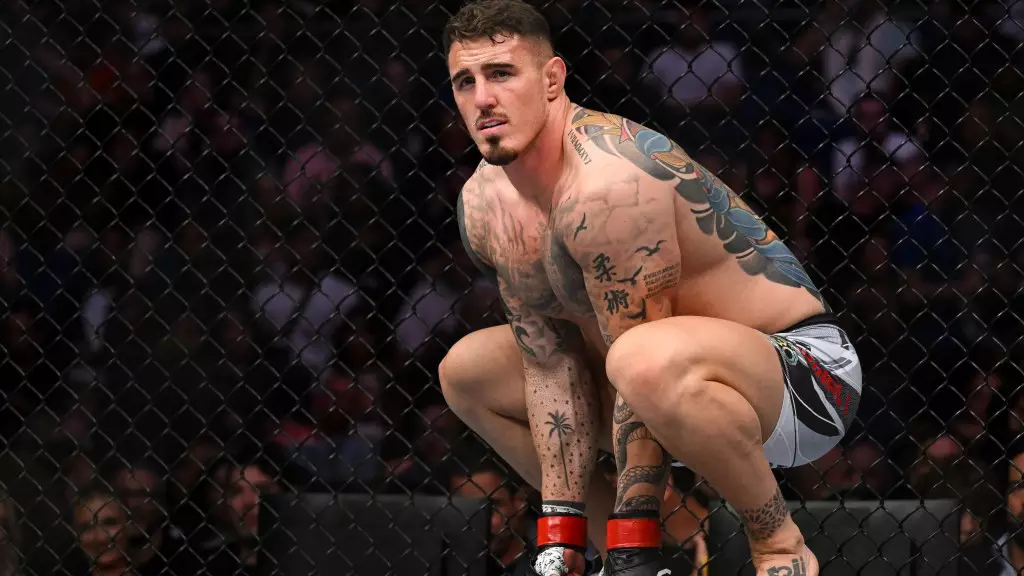In the unpredictable world of mixed martial arts, having a capable backup fighter is often seen as a safety net for event organizers. However, as Daniel Cormier points out, the reality of this arrangement can be far more complex and fraught with challenges. Recently, Aspinall has been designated as the official backup for UFC 309, following a trend that often leads to an uncomfortable predicament for fighters and fans alike.
Assessing the Role of Backup Fighters
The designation of a backup fighter, while seemingly pragmatic, raises numerous questions tied to the fighter’s actual chances of stepping into the octagon. Cormier’s skepticism regarding Tom Aspinall’s position is rooted in the concern that top contenders like Jon Jones and Stipe Miocic may not be keen on taking an impromptu fight against an interim champion. This reluctance is understandable, especially when the stakes are as high as a championship bout. If either champion were to sustain an injury, the UFC may find itself in a bind, struggling to secure a willing opponent for Aspinall on short notice.
Cormier’s assertion highlights a significant flaw in the backup system: the likelihood that even if an injury occurs, a fighter might prefer to withdraw than to face an unproven yet dangerous opponent like Aspinall. It’s not just about physical readiness; it’s about the psychological and strategic implications of accepting such a high-pressure match. This situation paints a grim picture for fighters like Aspinall, who may be left waiting in the wings without any opportunity to showcase their skills.
The Legacy Factor
Further complicating this dynamic is the question of legacy. Cormier expresses hope for a future matchup between Jones and Aspinall, believing it to be essential for Jones’s legacy, as the current heavyweight champion ought to eventually face the interim champion. Yet, this matter extends beyond mere title disputes; it touches on the fighter’s legacy and the narratives that shape their careers. If fighters, particularly a legacy figure like Jones, choose to avoid additional risks by not facing Aspinall, they may sacrifice not only competitive fairness but also their standing in the history of the sport.
The reluctance to match up against an interim champion in unforeseen circumstances may undermine the very nature of competition within the UFC. For fighters who dedicate their lives to perfecting their craft and seeking championship glory, the possibility of not having their moment in the spotlight can breed disillusionment with the promotion’s structure.
As the UFC continues to evolve, it must grapple with the implications of how backup fighters are integrated into its competitive framework. The designation of Tom Aspinall as an official backup fighter for UFC 309 brings to light the issues surrounding injury management and legacy considerations. Ultimately, the success of the UFC hinges not only on its matchmaking strategies but also on fostering an environment where fighters feel empowered to compete against the best, regardless of their interim status. As fans and analysts reflect on the implications of these dynamics, it remains clear that the intricacies of the fighter landscape will continue to shape the future of mixed martial arts.

